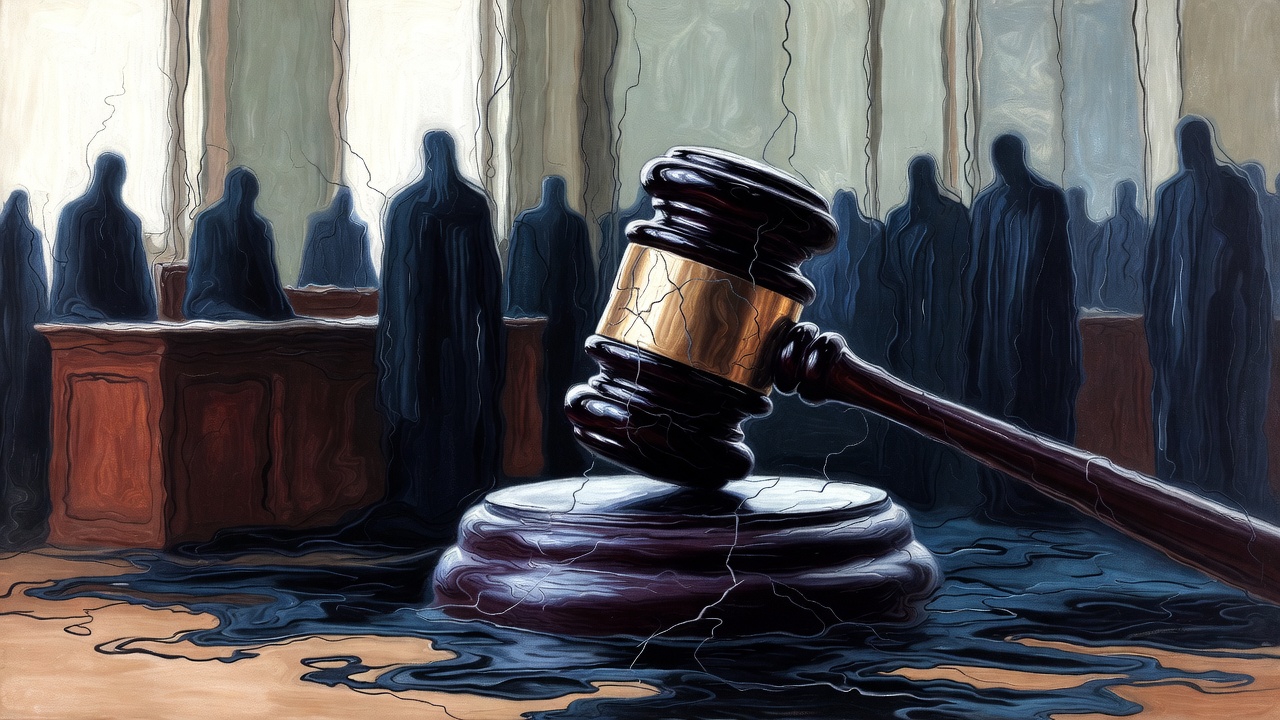Creditor Protection Against Fraudulent Asset Disposition
I. Introduction: The Problem of Debtor Flight from Assets
The scenario confronts commercial creditors with distressing regularity: a counterparty defaults on substantial obligations, litigation ensues, and the creditor ultimately obtains a favorable judgment complete with an enforcement clause. Yet when the bailiff arrives to execute against the debtor’s assets, he discovers that the cupboard is bare. The debtor’s residence, vehicles, and liquid assets have vanished—transferred, it transpires, to a spouse, sibling, or newly formed corporate entity. Does this maneuver spell defeat for the creditor? Not necessarily.
Polish law furnishes creditors with a potent remedial instrument for precisely such circumstances. Known as the actio Pauliana, or in Polish parlance the skarga pauliańska, this ancient remedy—with roots extending to classical Roman law—operates on an elegantly simple principle: where a debtor has deliberately divested himself of assets to frustrate creditor claims, the aggrieved creditor may petition the court to declare such transactions ineffective as against him. This declaration, in turn, opens the path to satisfaction from property that ostensibly belongs to another.
II. The Mechanics of Paulian Relief: Theory and Application
Consider the following illustrative scenario. A commercial enterprise operates a building materials wholesaler. A property development company places orders totaling five hundred thousand Polish złoty. The goods are duly delivered, invoices issued, yet payment never materializes. The developer proffers excuses regarding construction delays, entreats patience, and eventually ceases responding to communications altogether. Upon commencement of judicial proceedings, it emerges that the company’s sole asset of meaningful value—a development plot worth in excess of one million złoty—was conveyed by gift to the sister of its principal shareholder scarcely one month prior.
Absent the actio Pauliana, the creditor could do little more than observe helplessly as his claim evaporated into uncollectibility. Armed with this remedy, however, the creditor may institute proceedings against the transferee—the shareholder’s sister—seeking a judicial declaration that the donative transfer is ineffective as against him. Should the action succeed, the creditor may proceed to execute against the plot as though it had never departed the debtor’s patrimony.
What frequently surprises those encountering this doctrine for the first time is that the transferee retains formal title to the property. The actio Pauliana does not operate to rescind or annul the underlying transaction. Rather, it renders the conveyance relatively ineffective—that is, ineffective solely as against the particular creditor who has successfully prosecuted the Paulian claim. The successful creditor Paulianus thereby acquires the right to satisfy his claim from the asset notwithstanding that title remains vested in another party as reflected in the land register.
III. The Scope of Challengeable Transactions
The actio Pauliana extends, in principle, to virtually any disposition of assets that diminishes the debtor’s capacity to satisfy creditor claims. In practice, the most frequently challenged transactions involve gratuitous transfers to family members: the conveyance of residential property to children, the transfer of motor vehicles to spouses, or the assignment of company shares to trusted associates. The universe of potentially fraudulent conveyances, however, extends considerably further.
Sales transactions remain susceptible to challenge even where the consideration corresponds to fair market value. The rationale is straightforward: cash proceeds are readily concealed or dissipated, whereas real property and chattels present far less difficulty for enforcement officers to locate and seize. Where a debtor has alienated a residence for its true value but has immediately squandered or secreted the proceeds, creditors remain prejudiced—and may accordingly seek Paulian relief against the transferee.
Analogous principles govern the division of marital property following divorce, particularly where the allocation appears grossly disproportionate. The actio Pauliana likewise reaches life estate arrangements (umowa dożywocia) employed to place real property beyond creditors’ reach, as well as transfers of assets to newly formed entities connected to the debtor through capital or personal relationships.
IV. The Boundaries of Paulian Protection
The remedy is not, however, without limitation. Polish law excludes from the scope of the actio Pauliana transactions of a purely personal character. A creditor cannot challenge a debtor’s decision to marry, notwithstanding that matrimony may establish a community property regime with a wealthy spouse. Similarly, the mere execution of a marital property agreement lies beyond the reach of Paulian attack, though the subsequent division of assets effectuated pursuant to such an agreement may indeed be challenged where it operates to prejudice creditors.
Of considerable practical significance is the general principle that the actio Pauliana does not permit challenge to the discharge of obligations in accordance with their terms. Where a debtor maintains multiple creditors and elects to satisfy one in full, the remaining creditors generally lack standing to impugn that payment through Paulian proceedings—even where the consequence is insufficient assets to satisfy their claims. The law does not impose upon debtors an obligation to apportion available resources ratably among creditors, provided they are discharging matured obligations. This principle, it should be noted, admits of certain exceptions—particularly where the debtor’s selection of the creditor to satisfy appears arbitrary or where the debtor’s financial condition would warrant the commencement of insolvency proceedings. These exceptional circumstances receive detailed treatment in subsequent installments of this series.
V. The Purpose and Structure of This Treatise
The articles that follow provide comprehensive treatment of every aspect of the actio Pauliana from the perspective of legal practice. We explicate the elements that must be established to prevail in Paulian litigation, the proper formulation of the complaint, and the identification of appropriate defendants. We examine the role of the debtor’s subjective awareness of creditor prejudice and the circumstances under which the transferee’s knowledge or constructive knowledge may be presumed.
A separate treatment addresses defensive strategies for those who find themselves on the opposite side of such proceedings—parties who have acquired assets from indebted transferors and now face Paulian claims. We also address temporal limitations, for the five-year peremptive period within which the actio Pauliana must be commenced plays a decisive role in these matters.
Each article in this series has been composed with practical application foremost in mind, rather than abstract doctrinal exposition. Our objective is that readers conclude their study knowing not merely what the statutory provisions concerning the actio Pauliana provide, but—more importantly—how to deploy these rules effectively in concrete commercial situations.
Skarbiec Law Firm maintains a specialized practice in Paulian litigation, representing both creditors seeking relief and third-party transferees defending against fraudulent conveyance claims.



